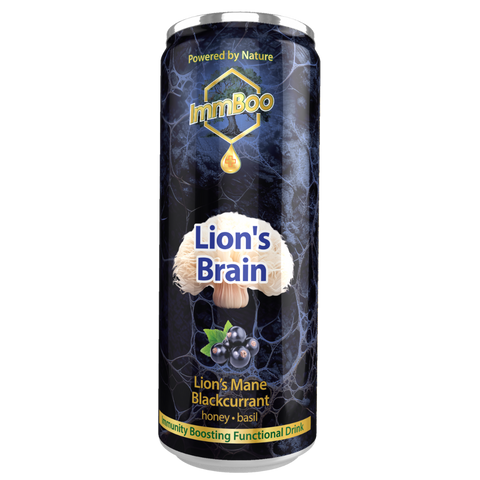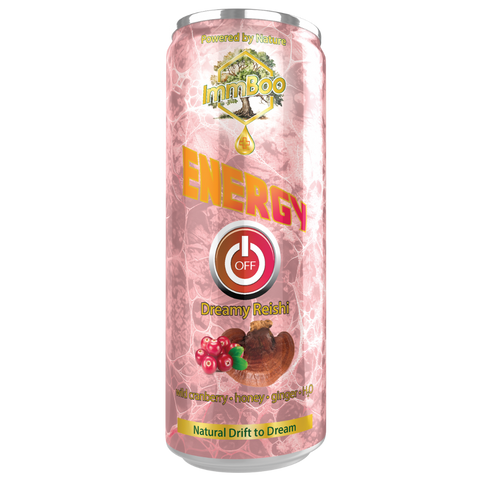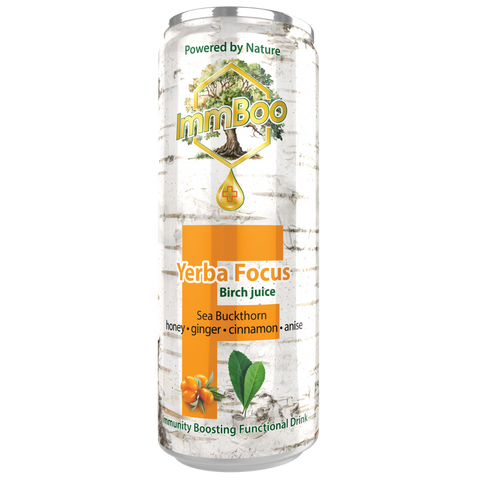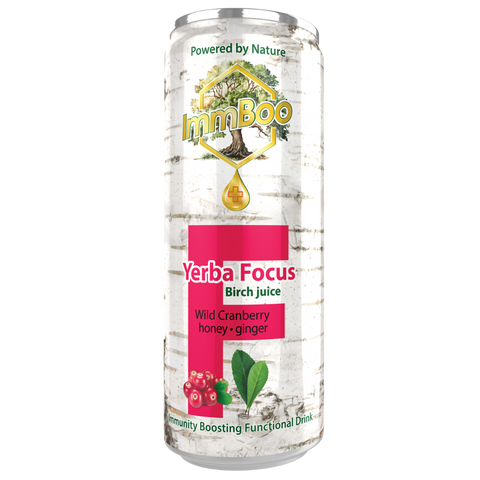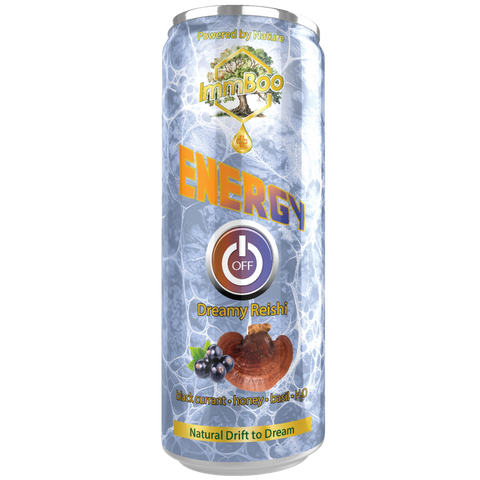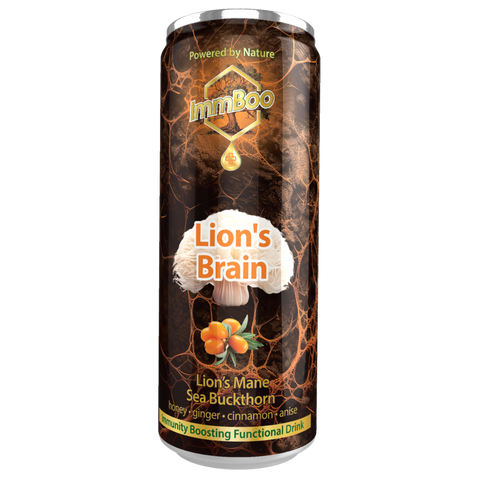ImmBoo Superfruits
Superfruits are more than just flavor. They're the color, aroma, and richness of ingredients that have inspired cuisines around the world for centuries. By combining these superfruits with other ingredients in ImmBoo products, you can savor their unique flavor and take care of yourself.

Sea buckthorn – a real vitamin bomb
- Vitamin C in impressive amounts – contributes to the proper functioning of the immune system.
- Beta-carotene and carotenoids – known for their role in protecting cells and supporting normal vision.
- Omega-3 and omega-6 fatty acids – valuable components of a well-balanced diet.
- Vitamin E – called the vitamin of youth, a natural antioxidant.
- Inositol and betaine – compounds present in plants, long valued in dietetics.

Blackcurrant – the power of antioxidants
- Vitamin C in large quantities – natural support for your daily diet.
- Anthocyanins – plant pigments with strong antioxidant properties.
- Flavonoids (including quercetin) – known for their beneficial effects on circulation in the scientific literature.
Vitamin K and potassium – components that play an important role in metabolic processes. - Fiber – supports the proper functioning of the digestive system.
- Magnesium – essential for energy production in the body.

Cranberries – a natural protective shield
- Proanthocyanidins (PACs) – plant compounds that make cranberries unique.
- Flavonoids and quercetin – natural antioxidants present in many berries.
- Vitamin C and vitamin E – support the protection of cells against oxidative stress.
- Phytosterols and betaine – ingredients often mentioned in the context of a diet supporting the body's balance.

Raspberry – a taste of health and lightness
- Dietary fiber – supports the feeling of satiety and balance in the daily diet.
- Vitamin C – contributes to the protection of cells against oxidative stress.
- Anthocyanins and polyphenols – plant compounds with strong antioxidant properties.
- Vitamin K – takes part in blood clotting processes.
- Manganese and potassium – important minerals that support many metabolic processes.








